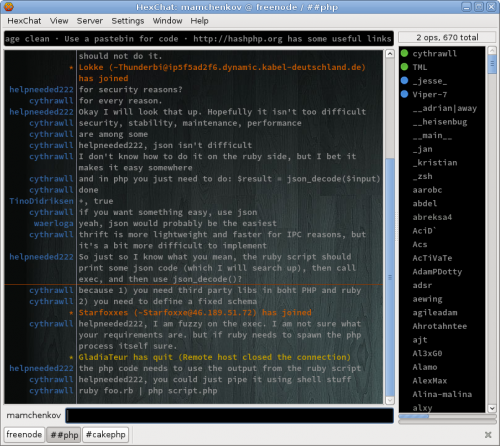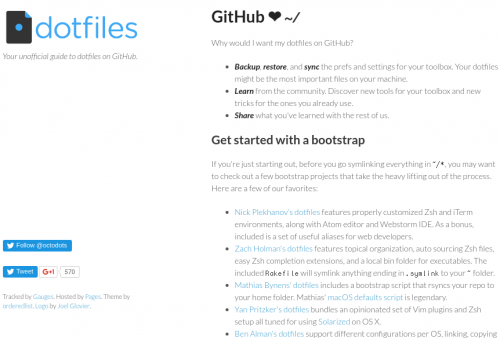A friend sent me a link to this email from Linus Torvalds to the Kernel Summit Discussion mailing list. The subject of the conversation is the General Public License (GPL) and whether or not it should be enforced in courts. Read the whole thing – it’s quite interesting. Here are a few snippets just to get you started:
Let’s be clear about this: lawsuits destroy. They don’t “protect”.
Lawsuits destroy community. They destroy trust. They would destroy all the goodwill we’ve built up over the years by being nice.
And then this:
Because lawsuits – and even threats of lawsuits – makes companies way less likely to see you as a good guy. Even when you’re threatening
somebody else, everybody else around the target starts getting really
really antsy.I talked to an Oracle lawyer a few months ago, and told him their
lawsuit just makes Oracle look bad. The lawyer was dismissive, and
tried to explain how it’s silly how people take lawsuits personally,
and talked about how layers _understand_ that lawsuits aren’t
personal, and that they are still friends outside the court.I’m sure a lawyer can “understand” how lawsuits aren’t actually
something personal at all, but lawyers really seem to be the *only*
people who “understand” that.The fact is, lawsuits (and threats of lawsuits) do not make for
friends. You just look like a bully.

